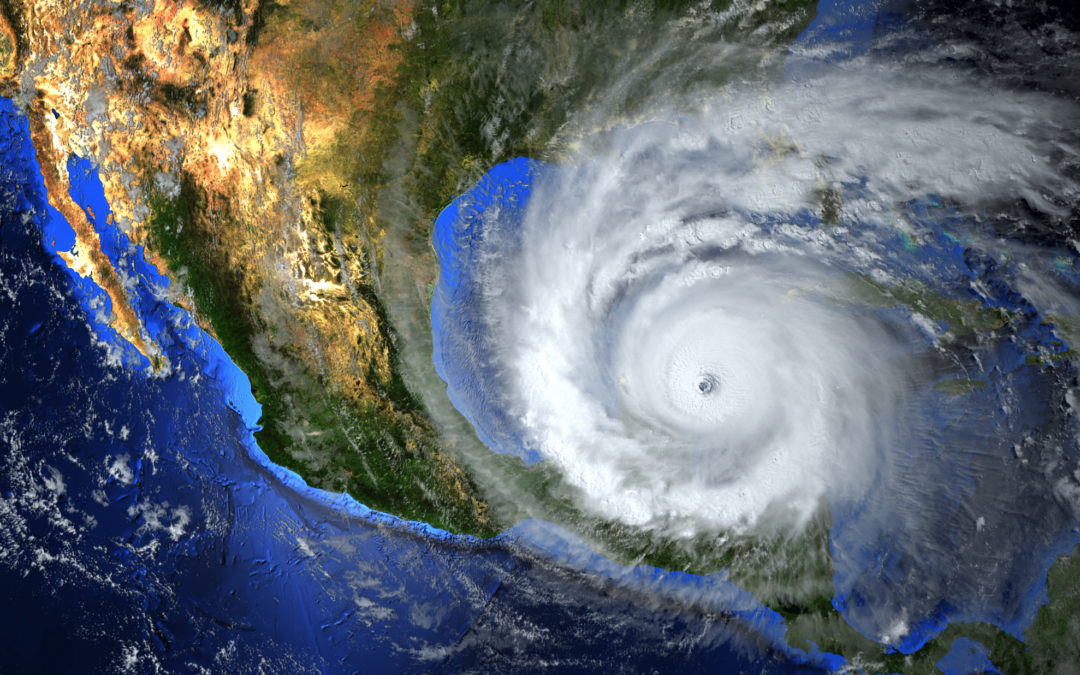Here’s some late-breaking good news: The 2019 Atlantic Hurricane Season officially ended on Saturday, Nov. 30. The bad news: The 2020 Atlantic Hurricane Season kicks off in just a few months (on June 1).
With regard to production plants located in coastal regions of the United States, especially those in areas around the Gulf of Mexico, these bits of news make my point: Preparing for natural disasters, particularly hurricanes, is an ongoing process. My co-author Dr. Jennifer R. Cole and I discussed a number of issues related to this topic in an Oct. 2019 article for Hydrocarbon Processing.
Titled “The Geoscience of Reliability Engineering: Preparing the Process Plant for Natural Disasters,” our article focused on how hurricanes can impact industrial sites and specifically addressed effects on the environment, community, and petrochemical operations along the U.S. Gulf Coast from 2017’s Hurricane Harvey.
Click Here to Find the Article in
Hydrocarbon Processing’s Oct. 2019 Archive.
Among other things, we made several observations on risk management and engineering, including these three regarding plant design, operation, and maintenance:
-
- If tanks containing hazardous material can’t withstand a 10-ft. storm surge and the associated flooding of a hurricane, it’s important to make the appropriate, required changes. Merely hoping that a facility won’t experience such a storm is not a strategy, and could lead to a variety of consequences, including loss of license to operate, civil law suits, even criminal indictment.
-
- It’s not enough to simply design and install equipment that can withstand a serious hurricane. If the equipment’s integrity isn’t ensured through maintenance, the net result is the same. While deferring maintenance may positively affect quarterly profits but is not worth the risks to the company and surrounding community.
-
- A significant lesson learned from Hurricane Harvey is that some organizations did not stop operating early enough to completely prepare and secure their plants.
As Dr. Cole and I noted in the opening paragraph of this article, industry can no longer afford to take a casual approach when it comes to preparing for potential impacts of natural disasters on physical plants and assets. In our conclusion, we pointed to the fact that climate change has been exacerbating the effects of hurricanes on vulnerable Gulf Coast operations.
Dealing with the hurricane-preparedness situation in these plants calls for a different type of risk analysis. It also calls for the expertise of geoscientists and climate-change experts to help identify, prioritize, plan, and execute measures that address the risks.TRR
ABOUT THE AUTHOR
Drew Troyer has over 30 years of experience in the RAM arena. Currently a Principal with T.A. Cook Consultants, he was a Co-founder and former CEO of Noria Corporation. A trusted advisor to a global blue chip client base, this industry veteran has authored or co-authored more than 300 books, chapters, course books, articles, and technical papers and is popular keynote and technical speaker at conferences around the world. Drew is a Certified Reliability Engineer (CRE), Certified Maintenance & Reliability Professional (CMRP), holds B.S. and M.B.A. degrees. Drew, who also earned a Master’s degree in Environmental Sustainability from Harvard University, is very passionate about sustainable manufacturing. Contact him at 512-800-6031, or email dtroyer@theramreview.com.
EDITOR’S NOTE: Dr. Jennifer Cole (Drew Troyer’s co-author on the referenced Hydrocarbon Processing article) serves on the faculty in the Department of Earth and Environmental Sciences at Boston College, and the Harvard Graduate School of Sustainability. Prior to that, she had served on the faculty at Harvard University in earth and planetary sciences, and was Director of the Environmental Studies program at Northeastern University for 15 years. Dr. Cole also has taught at Tufts University and MIT. She has published extensively in the fields of wetlands, agriculture, and energyeducation, and has written books on natural disasters.
Tags: natural disasters, hurricanes, sustainability, petrochemical plants, geoscience, climate change



